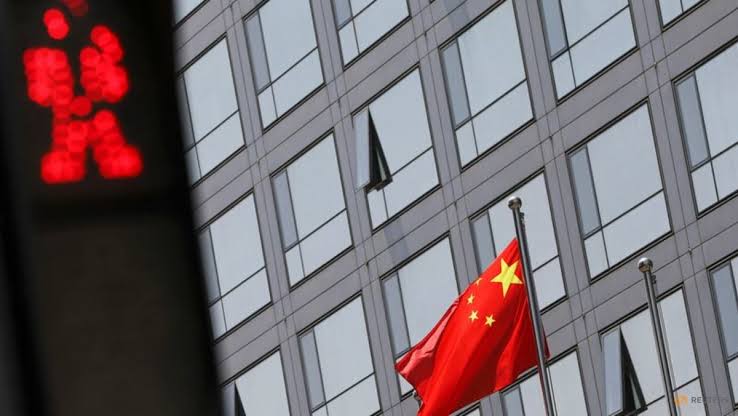In the midst of volatility in the stock market, the Chinese securities regulator has announced yet another action to restrict short-selling activity. According to reports, the China Securities Regulatory Commission (CSRC) declared on WeChat that it will cease lending restricted shares as of January 29. Certain limitations apply to the selling and transfer of restricted shares. These limitations, which limit their selling, are frequently put in place for corporate governance principles or as a component of employee compensation plans. It can be lent, nevertheless, to traders who are involved in derivatives transactions, such as short sales.
“Highlighting fairness and reasonableness, reducing the efficiency of securities lending, and restricting the advantages of institutions in the use of information and tools, giving all types of investors more time to digest market information and creating a fairer market order,” is how the CSRC describes the goals of the new regulations. China has been debating whether to restrict capital flight. Due to window instructions from regulators, the nation’s largest brokerage halted lending stocks to individual clients on January 22 and increased margin requirements for institutional customers, Bloomberg said.
In October, the local commission also announced additional regulations for hedge funds, limited the amount of shares that strategic investors could lend, and tightened oversight of arbitrage operations. A financial tactic known as “short selling” involves an investor borrowing stock shares and then selling them on the open market in the hopes that the stock price will decline. Investors who think a stock is overpriced or due for a drop employ this tactic.
China’s stock market has had serious difficulties in the last 12 months. The benchmark CSI 300 Index saw an 11% reduction in 2023, while the MSCI China Index saw a nearly 10% decline this year following drops of 22.8% and 23.6% in 2022 and 2021.
Furthermore, according to the South China Morning Post, there has been a noticeable decline in the confidence that international investors have showed in the Chinese market. In November of last year, non-Chinese investors sold onshore stocks valued over 170 billion yuan (US$23.4 billion).
China is significantly investing in trial initiatives for its digital yuan, or central bank digital currency (CBDC), despite market obstacles. Among the use cases developed for the technology are the settlement of commodities transactions on Shanghai exchanges utilizing the digital yuan, and connections with many overseas institutions.


